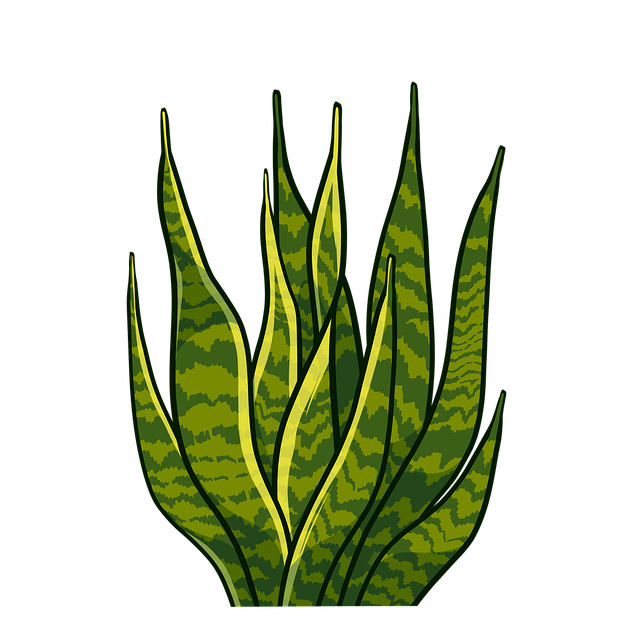Professional indoor plant care specialists optimize automated irrigation systems, mimicking natural rainfall patterns to prevent over/underwatering. Regular maintenance, including inspections and cleaning, ensures system longevity. Troubleshooting common issues like blocked filters and incorrect settings prevents root rot. Preventative care practices, such as periodic assessments and tailored watering schedules, minimize water-related problems for thriving indoor plants.
“Elevate your professional indoor plant care game with an efficient self-watering, automated irrigation system. This comprehensive guide uncovers the secrets to optimal performance and longevity. From understanding your system’s intricacies to mastering regular maintenance, you’ll learn how to keep plants thriving. Say goodbye to tedious watering routines! Discover troubleshooting tips for common issues, ensuring smooth operation. Implement preventative care strategies to keep your automated irrigation system running smoothly, fostering healthier indoor greenery.”
Understanding Your Automated Irrigation System
Understanding your automated irrigation system is a crucial step in ensuring effective and efficient water distribution for your indoor plants, requiring the expertise of professional indoor plant care specialists. These systems are designed to mimic natural rainfall patterns, delivering precise amounts of water directly to each plant’s roots. By mimicking nature, they prevent overwatering or underwatering, which can lead to root rot or stunted growth.
Knowledgeable professionals in indoor plant care can help you navigate the settings and components of your automated system—from sensors that detect moisture levels to pumps and valves that control water flow—to optimize hydration for a diverse range of plant species, ensuring they thrive in controlled indoor environments.
Regular Maintenance Tasks for Optimal Performance
Regular maintenance is key to keeping your automated irrigation system running smoothly and ensuring optimal performance for your indoor plants. Here are some essential tasks every owner should incorporate into their routine care regimen. First, regularly inspect all components of the system, including pipes, valves, and sensors, for any signs of damage or leaks. Promptly addressing these issues prevents water waste and maintains healthy plant growth.
Additionally, cleaning the system is vital. Debris and mineral buildup can clog nozzles and reduce water distribution efficiency. A professional indoor plant care expert may recommend periodic flushing and deep cleaning to ensure the system’s longevity. Remember that consistent monitoring and timely maintenance are the cornerstones of a thriving indoor garden ecosystem.
Troubleshooting Common Issues and Faults
Troubleshooting common issues in self-watering and automated irrigation systems is an essential part of professional indoor plant care. One of the most frequent problems is blocked filters or lines, which can prevent water flow and starve plants of necessary hydration. Regular cleaning and maintenance are crucial to avoid this. Inspecting and replacing components like sensors, pumps, and valves at recommended intervals ensures optimal performance.
Another common fault is incorrect settings leading to over- or under-watering. Professional plant caregivers should calibrate systems according to each plant’s specific needs, taking into account factors like species, size, and environmental conditions. Monitoring water levels and adjusting settings as needed can prevent root rot and other health issues caused by inconsistent moisture levels.
Ensuring Longevity: Preventative Care Tips
To ensure your self-watering and automated irrigation system provides optimal performance for years to come, incorporating preventative care practices is essential. Regularly inspect your system for any signs of damage, leaks, or blockages. Cleaning and replacing filters as recommended by the manufacturer is crucial to maintain efficient water flow. Additionally, monitor plant health, addressing any issues promptly—such as yellowing leaves or wilting—which could indicate problems with nutrient levels or over/under-watering.
Implementing a professional indoor plant care routine further prolongs system longevity. This includes periodic assessments by experts who can identify specific plant needs and adjust watering schedules accordingly. By fostering robust, healthy plants, you reduce the risk of root rot or other water-related issues that could disrupt your automated irrigation system’s functionality.
Incorporating a self-watering, automated irrigation system into your indoor gardening routine is a game-changer for professional indoor plant care. By understanding your system, performing regular maintenance, and adopting preventative care strategies, you can ensure optimal growth conditions for years to come. Troubleshooting common issues promptly allows you to navigate any challenges that arise, keeping your plants thriving and your space lush. Embrace the benefits of automation and elevate your green thumb with these essential practices for top-notch indoor plant care.
